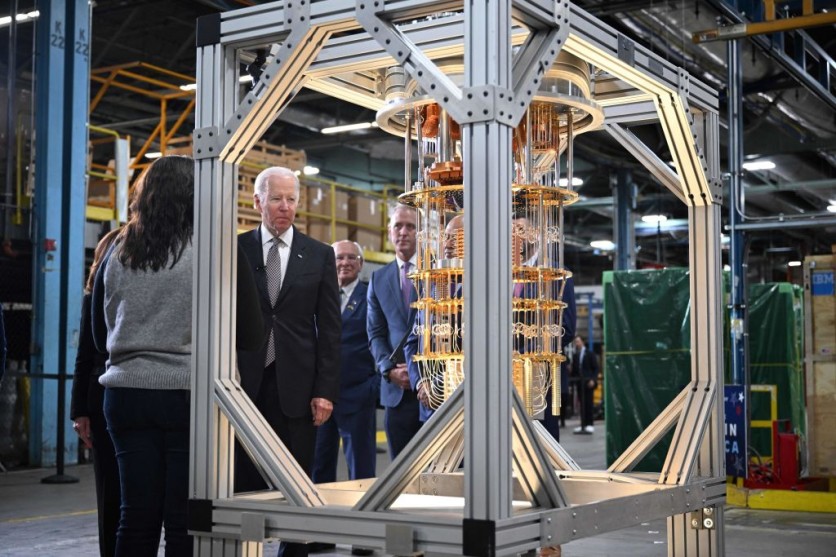Performance-disrupting heat can now reportedly be remedied with a 2D quantum cooling system developed by the Swiss Federal Institute of Technology Lausanne (EFPL). The system cools the advanced computers to a colder-than-space temperature of 100 millikelvin.
Quantum bits (qubits) are heat-sensitive and must be chilled to less than 1K, making extremely low temperatures critical for quantum computing. Even the heat energy created by the electronics used to power the quantum computer has been shown to influence qubit performance.

To put things in perspective, outer space reportedly has a temperature of 2.7 Kelvin, which is significantly colder for the CPU.
The researchers accomplished this by converting the heat energy generated by the components into electricity, keeping things extremely chilly. The nice part is that these coolers can be built using existing components and are as efficient as standard PC coolers.
Quantum Cooling Complexities
Gabriele Pasquale, a PhD student at LANES, emphasized that quantum computing systems do not have a mechanism to prevent this heat from disrupting qubits.
However, most traditional cooling techniques are no longer effective at high temperatures. Therefore, heat-generating devices must be kept isolated from quantum circuits.
This, in turn, causes noise and inadequacies to the quantum computer, making it harder to build bigger systems that can operate outside of laboratory circumstances. The headline 2D cooling system was created by a research team led by Andras Kis at EPFL's Laboratory of Nanoscale Electronics and Structures.
Aside from its capacity to cool down to 100mK, the most impressive innovation is that it does so with the same efficiency as conventional cooling methods operating at ambient temperature.
Australia's 'Useful' Quantum Computer
Significant advancements in quantum computing continue to make headlines, with Australia being one of the most recent.
In May of this year, Australia pledged roughly A$940 million (US$617 million) to help PsiQuantum, a Silicon Valley-based quantum computing startup, construct the world's first "useful" quantum computer.
The Queensland government will donate half of this financing, and in exchange, PsiQuantum will establish its quantum computing project in Brisbane and its regional office at Brisbane Airport.
The funding is intended to help PsiQuantum create what it believes will be the world's first functional quantum computer capable of solving complicated computational problems in various sectors. Climate modeling, healthcare innovation, Cryptography, and material discovery are all potential uses.
PsiQuantum aims to build a utility-scale quantum computing facility on the continent by the end of 2027. The Australian Commonwealth and Queensland governments will provide financial support through loans, grants, etc.
According to the corporation, the quantum computing sector has hurdles in scaling quantum computers for mistake correction and practical application.
PsiQuantum's solution employs a photonics-based architecture that encodes qubits into light particles. It also uses semiconductor manufacturing processes to scale up photonic device production and testing.
Related Article : Two of the World's First Microcomputers, Dating Back Over 50 Years, Are Unearthed in London House Clearance

ⓒ 2025 TECHTIMES.com All rights reserved. Do not reproduce without permission.




